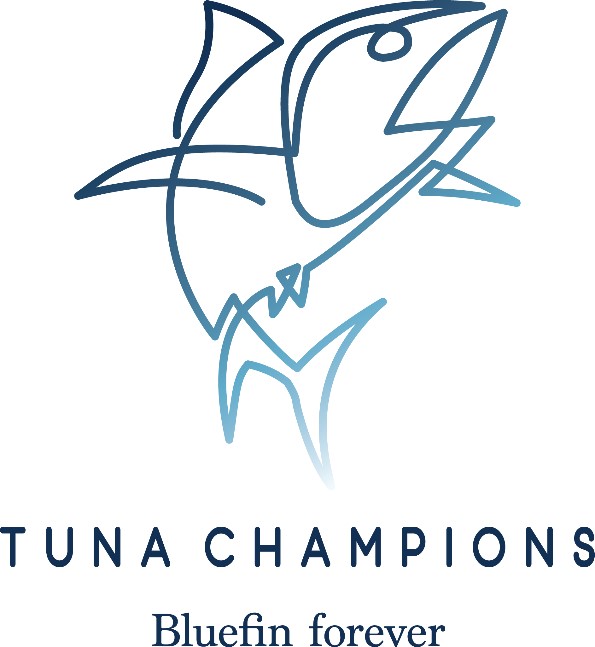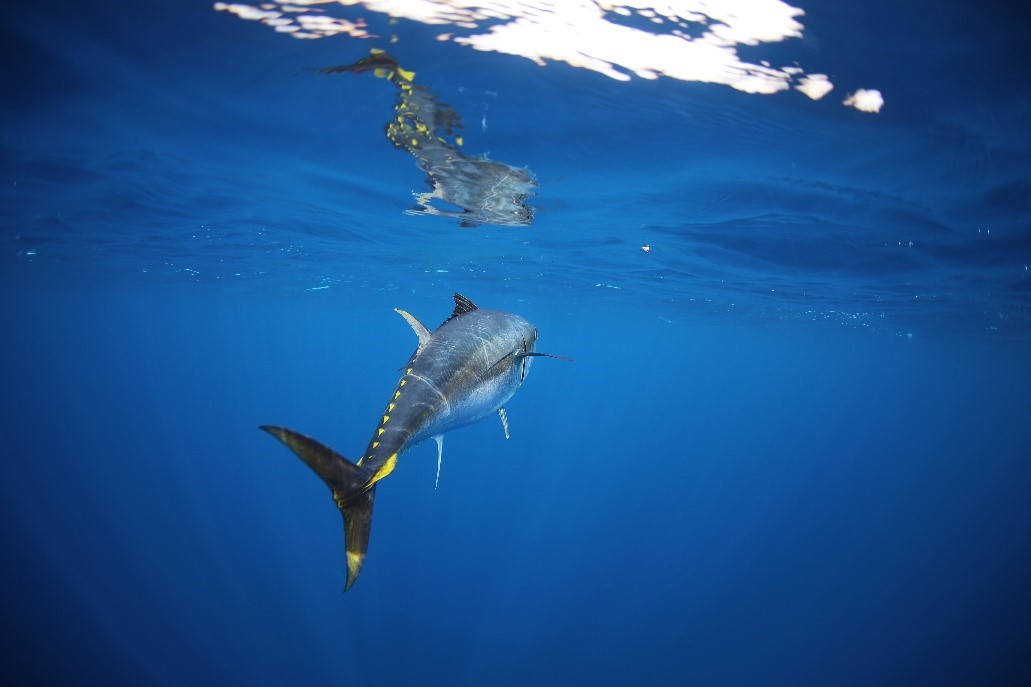
Community engagement is at the heart of the new Tuna Champions project encouraging recreational fishers to use the best fishing practices for Southern Bluefin Tuna (SBT) and to become stewards of the SBT fishery.
An initiative of the Australian Recreational Fishing Foundation (ARFF) in collaboration with IMAS, the Tuna Champions project is funded by the Australian Government through the Fisheries Research and Development Corporation (FRDC).
As Principal Investigator of this recreational fishing research and education program, IMAS researcher Dr Sean Tracey knows that making the science accessible to the community can make a real difference.
“During a satellite tagging project to investigate post-release survival of SBT, I worked with recreational fishers in the field to get the science done – and I realised a lot of the research we do just wasn’t being conveyed well to them,” Dr Tracey said.
“It’s very rewarding to know that this community engagement through Tuna Champions can benefit SBT, because the fish is respected and looked after.”
Chairman of ARFF, Brett Cleary said engaging with recreational fishers is vital as it provides an evidence-based platform of education that will ultimately have a positive impact on attitudes and behaviours.
 “The Tuna Champions program is a great example of the effort IMAS puts into engaging with the community,” Mr Cleary said.
“The Tuna Champions program is a great example of the effort IMAS puts into engaging with the community,” Mr Cleary said.
“The program was an exciting opportunity to secure support from the Australian Government, to properly fund getting the messages out there in a way that recreational fishers can relate to.”
(Image, left, credit Al McGlashan)
While an important part of a sustainable fishery is knowing what’s happening to the fish stock and properly managing it, the Tuna Champions project focuses on promoting the best fishing and handling practices for this iconic species.
“It’s understanding the perspective of the recreational fisher and making sure they have the best information, based on the research, to fish responsibly and to respect the animal – whether it’s to catch a feed, or to enjoy the experience with friends and release the fish in a way that gives it the best chance of surviving,” Dr Tracey said.
With a National Survey of Recreational Harvest of SBT set to kick off later this year, engaging with recreational fishers through Tuna Champions has also created opportunities to address concerns about the survey and reduce uncertainty in the fishing community.
“We invited Dr Tracey and senior managers from the Australian Fisheries Management Authority and the Department of Agriculture to speak at our recent ARFF workshop, where recreational fishers raised concerns about the survey,” Mr Cleary said.
“It was great to have researchers and fisheries managers sitting down face-to-face with us and walking us through why and how the surveys are being done, and where the survey results fit into the bigger picture of managing the SBT fishery.”
Dr Tracey said he's encouraged by the positive feedback, and especially seeing participants leave the workshop with better information.
“We hope these fishers will now be able to champion that information back to their peers and help reduce the misinformation that can be perpetuated so rapidly these days through social media and other modern communication channels."
It’s a win for bluefin tuna, recreational fishers and fisheries research.